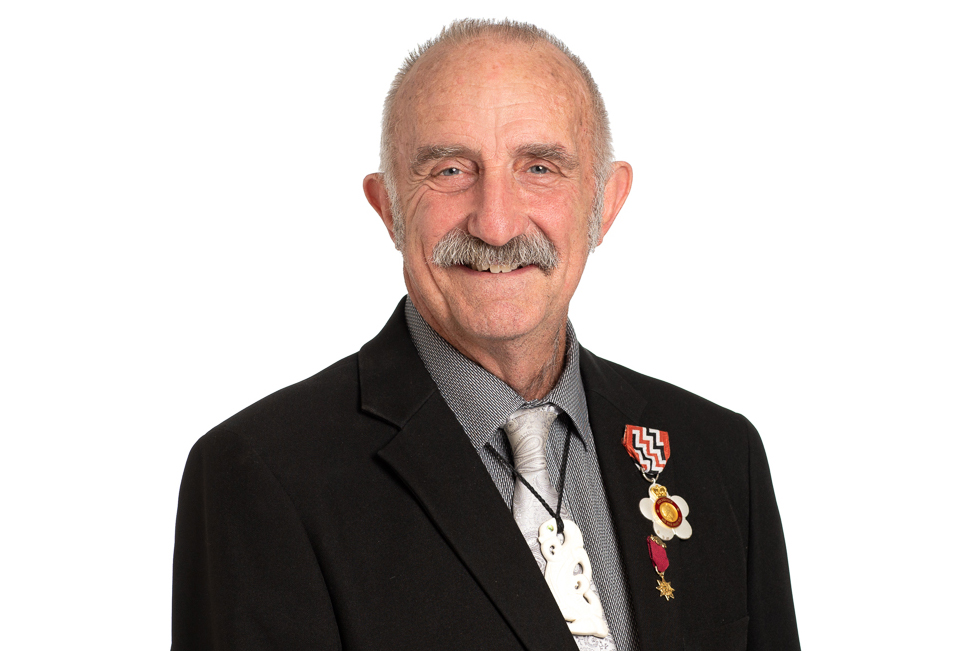The twilight of COVID-19
By Mayor John Carter.
COVID-19 has changed the way we behave and the way we speak. We now physically distance, wear face masks and contact trace. We talk about transmission rates and R values, community spread, herd immunity and quarantining. We are now entering the third year of the pandemic.

COVID-19 has changed the way we behave and the way we speak. We now physically distance, wear face masks and contact trace. We talk about transmission rates and R values, community spread, herd immunity and quarantining. We are now entering the third year of the pandemic. When it began, I don’t think anyone could have predicted how much of an impact the virus would have on individuals and our communities. Nowhere has escaped its effects, with some communities overseas have been devastated by the illness.
Last week, our government moved New Zealand to Phase 3 of its Omicron response. Based on overseas experience, it was predicted that this highly transmissible form of COVID-19 will spread quickly within the community. That is now occurring. Daily case numbers in New Zealand are at their highest levels since the pandemic began and we are seeing cases across the country. In Northland, case numbers are in the hundreds and growing. It is inevitable that the number of Council staff impacted by Omicron will grow day by day, either through infection or by being a close contact. The services we provide have already been impacted. Services and hours at Procter Library in Kerikeri were temporarily reduced last month due to staff shortages and we have seen similar reductions at other facilities this week.
Our aim is to continue delivering services to residents and ratepayers in a way that is safe for staff and customers. To help us achieve that, we have developed Omicron Contingency Plans that will ensure key functions continue even with high absence rates. These plans will be activated by managers as required. One advantage we do have is the flexible working model the Council adopted following the first lockdown. This means most staff who are not in frontline roles can work from home and many do so on a regular basis.
Many Far North businesses, especially in our hospitality and tourism sectors, continue to struggle due to the pandemic. This week, those operators got some good news. Last night, vaccinated travellers from Australia can enter New Zealand without isolating after arrival and vaccinated New Zealanders and critical workers travelling from beyond Australia can do the same from tomorrow. Our hospitality and tourism businesses have long called for a relaxation of border controls and I have passed that message onto officials in Wellington. I know there will be huge relief that we are finally reopening our borders and that Australian tourists can again visit. This will not return us to pre-pandemic visitor numbers, so extra financial support announced last week will be welcomed by Far North businesses still struggling due to pandemic restrictions.
We are entering the twilight of the COVID-19 pandemic, but it is no time to be complacent. Experts agree that Omicron still represents a very real health risk and I urge everyone to keep yourself and your family safe by getting two vaccinations plus a third booster shot as soon as you can.

